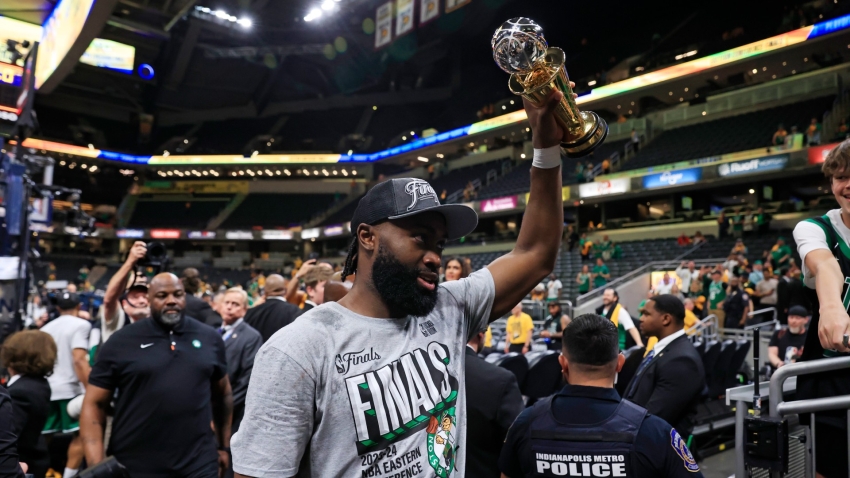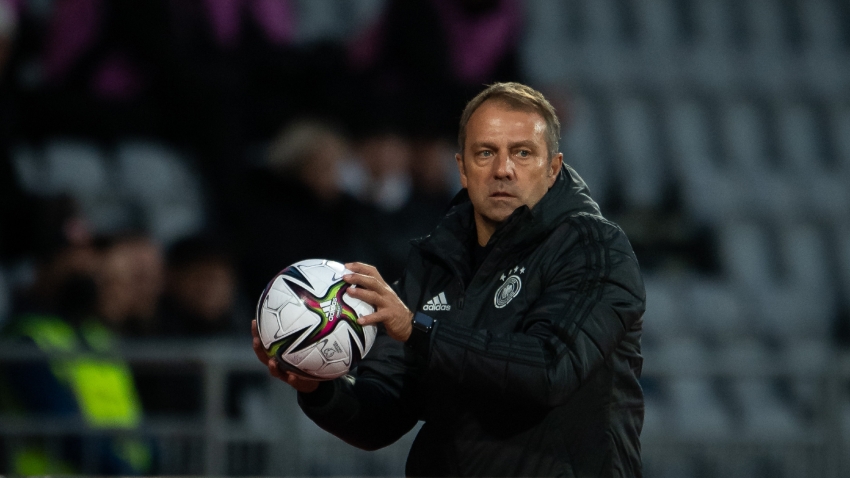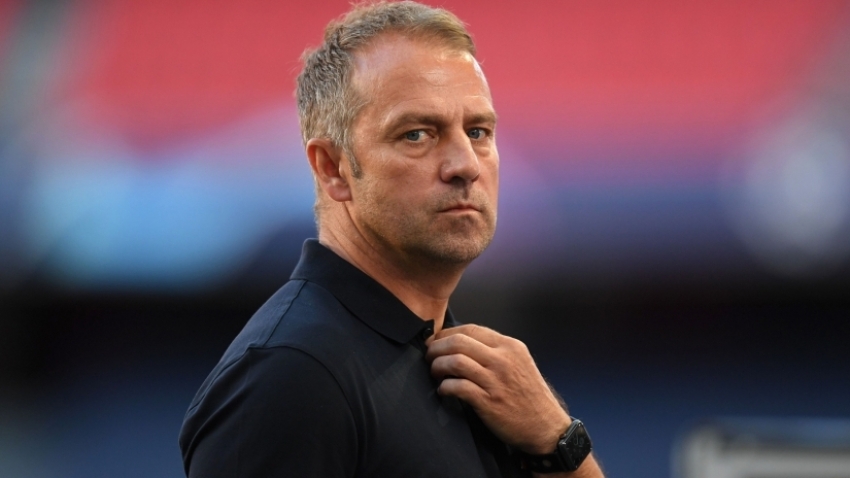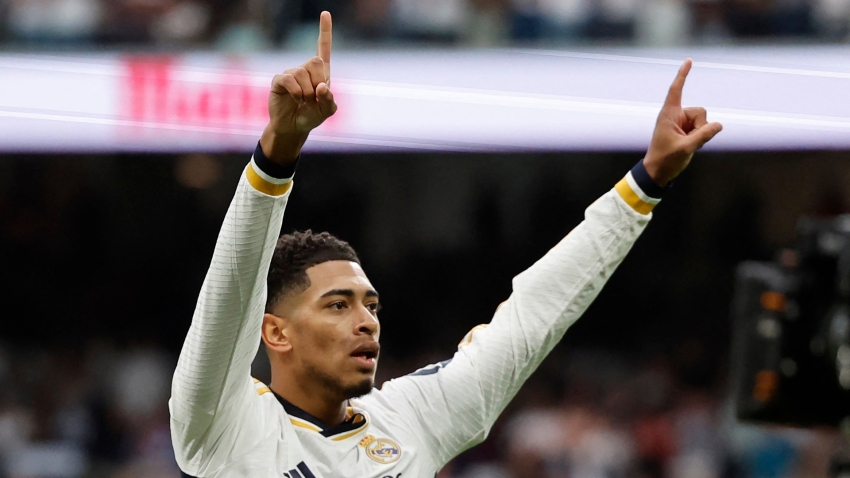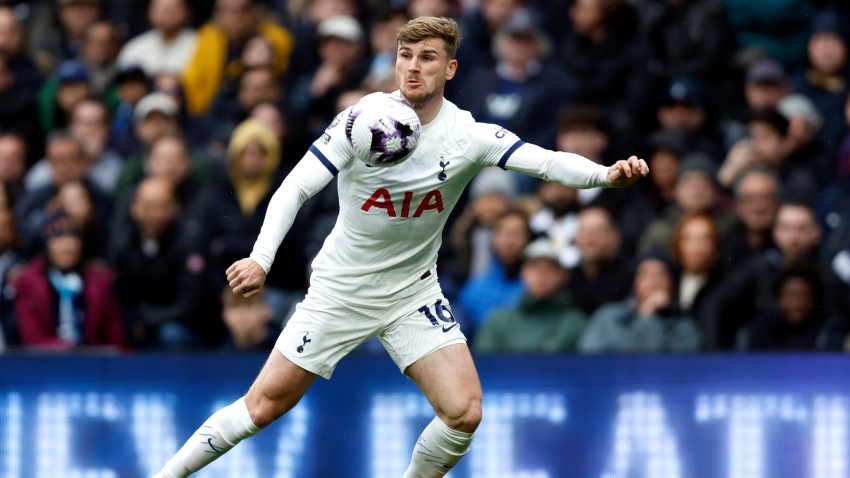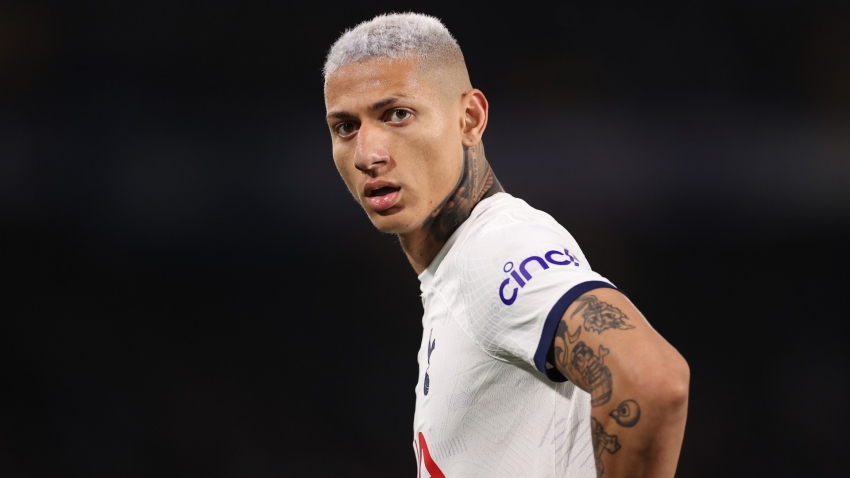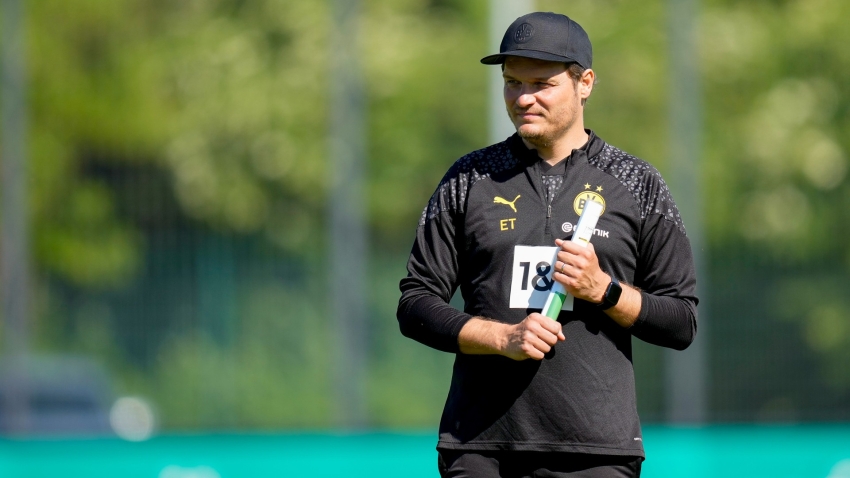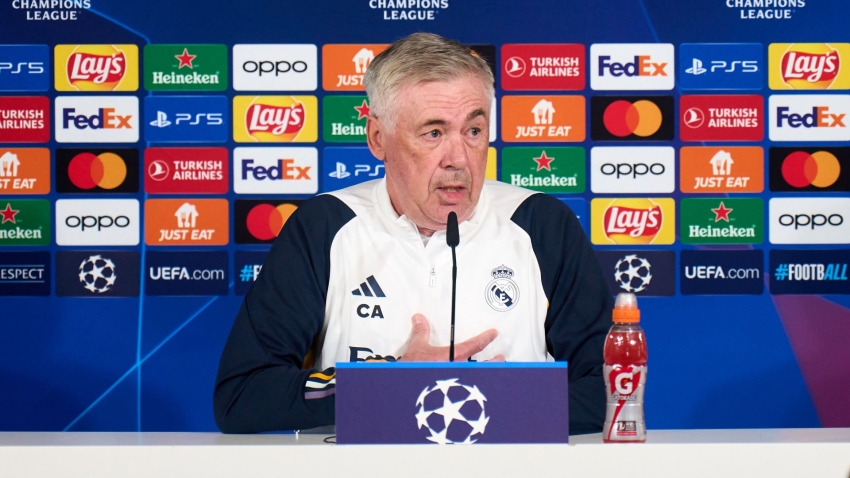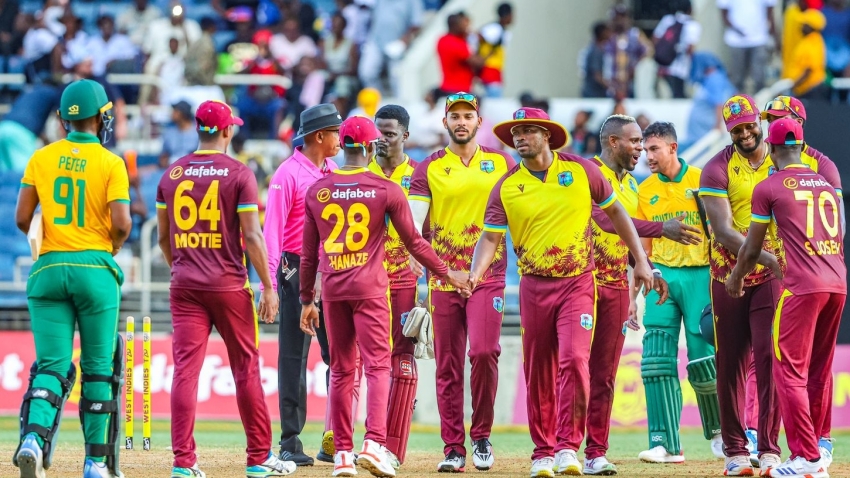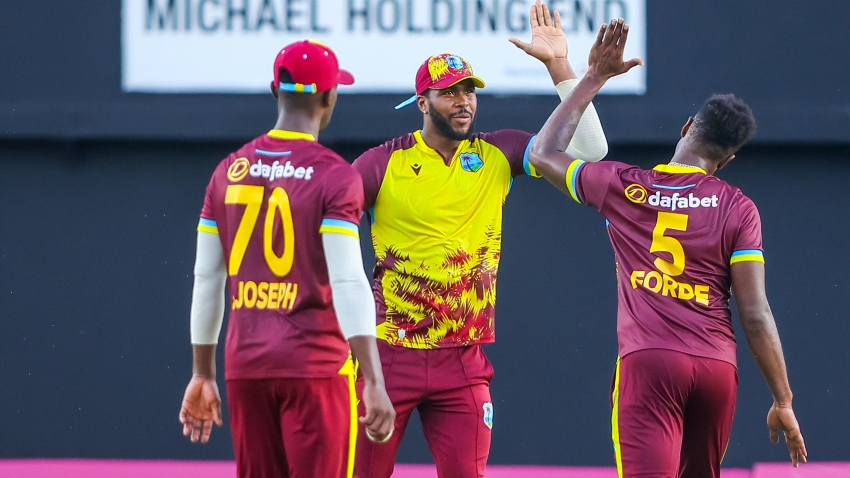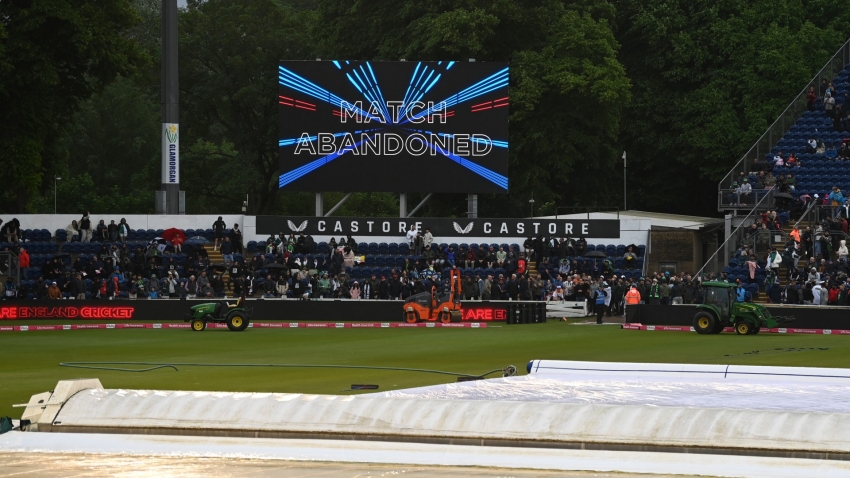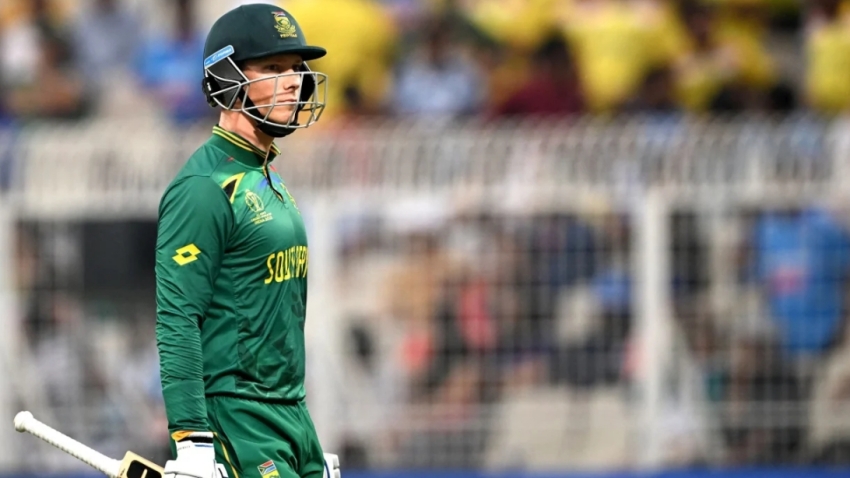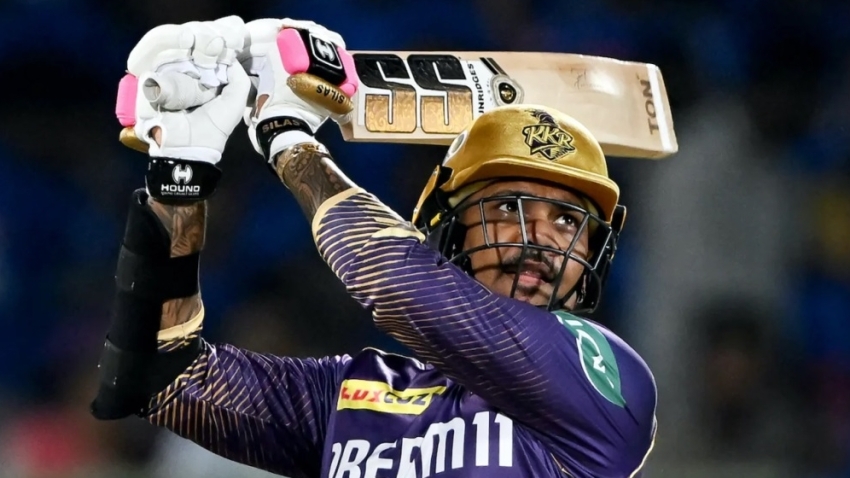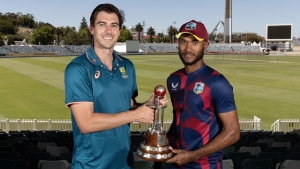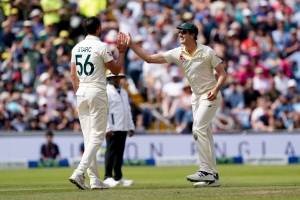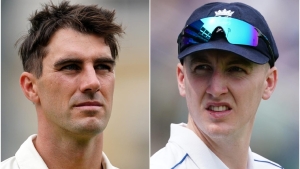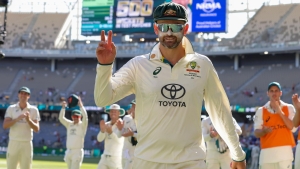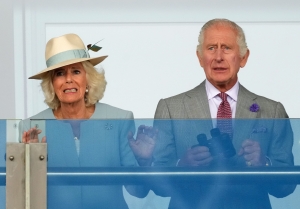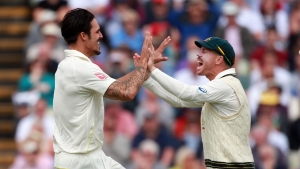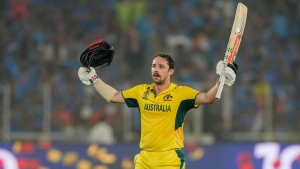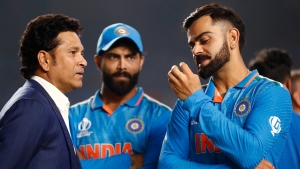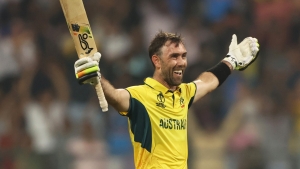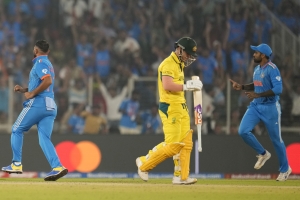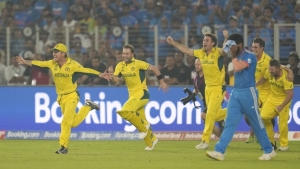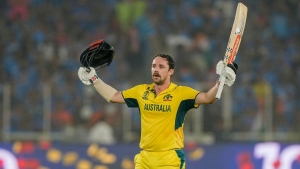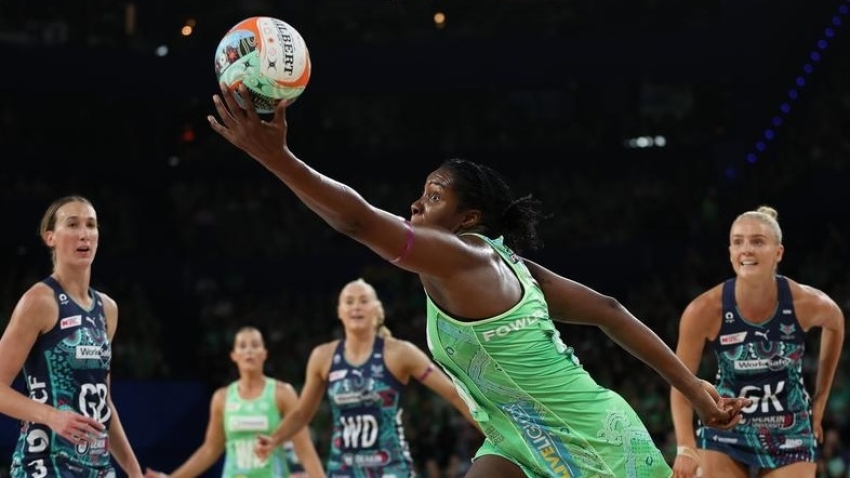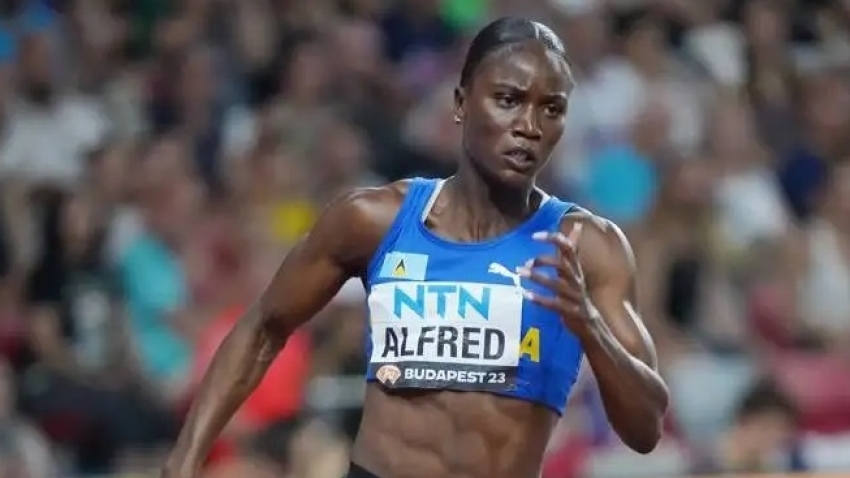Travis Head’s outstanding century carried Australia to World Cup glory for the sixth time as they downed all-conquering India to silence over 110,000 home fans in Ahmedabad.
The hosts brushed aside all-comers – including Australia in their opening group game – as they marched to the final with a 100 per cent record, but came up short in a six-wicket loss in front of an enormous but increasingly morose crowd at the Narendra Modi Stadium.
They posted a modest 240 all out after being sent in on a sluggish surface – just one run fewer than New Zealand and England tied with in the Lord’s showpiece four years ago – before watching Head take the game away from them with a masterful 137 from 120 balls.
Head played with aggression, imagination and self-belief on a worn pitch that left almost every other batter fumbling for the fluency he showed.
The 29-year-old was not even in the country when the campaign began, joining up late due to a fractured left hand that sidelined him for Australia’s first four matches, but the selectors’ faith paid off lavishly after he followed up his player-of-the-match effort in the semi-final against South Africa with something even better.
Watching from the other end as the score slipped to 47 for three, he slugged four sixes and 15 fours as he dominated a 192-run stand with Marnus Labuschagne (58 not out).
Head deserved to carry his bat but fell with two runs needed, caught in the deep looking to end it in style, allowing new man Glenn Maxwell to hit the winning runs.
That confirmed another chapter in Australia’s proud story as an ODI side, joining the teams of 1987, 1999, 2003, 2007 and 2015 in lifting the trophy and rounding off a marquee year that has seen them win the World Test Championship, also against India, and retain the Ashes.
Victorious captain Pat Cummins called correctly at the toss by sending the hosts in and took a vital haul of two for 34, while Mitchell Starc claimed three for 55 as he set the tone for an excellent bowling effort.
The initial skirmishes were suitably thrilling, India hammering 80 off the first 10 overs while also losing both openers.
Shubman Gill was first to go, mis-hitting a pull off Starc, but India captain Rohit Sharma showed his intent by charging Josh Hazlewood in just the second over of the day.
He unloaded a handful of fierce blows, with three sixes in his rapid 47, but perished going for one big hit too many off Maxwell’s first over. He offered a tough catch arcing over cover, but Head kept an eagle eye on it to start his memorable day.
Cummins chipped away another when Shreyas Iyer was lbw before a painstaking stand of 67 between Virat Kohli and KL Rahul. Their time together was tough going, with a solitary boundary in 109 deliveries as Australia exerted admirable control of foreign conditions.
Both batters made gritty half-centuries – tournament top-scorer Kohli doing so for the ninth time in 11 knocks at the World Cup – but neither converted their platform. Kohli dragged Cummins back into his stumps searching for width on 54, and Rahul nicked Starc behind for 66 as the ball began to reverse.
That was the first of five wickets for 37 in the closing stages, India all out courtesy of a run out from the last ball of the innings.
David Warner nicked the first ball of the chase between first and second slip for four, but India picked up to put themselves right in the hunt.
Warner nicked Mohammed Shami behind chasing a ball he had no business playing, Mitch Marsh departed with similar carelessness against Jasprit Bumrah and linchpin Steve Smith accepted an lbw decision that would have been overturned by DRS.
India, and their supporters, were pumped up but found Head unfazed. With a solid start behind him he took the bull by the horns, slog-sweeping Kuldeep Yadav for six in the 16th over and making steady inroads into the slender target.
He had an answer for everything, making light of Shami’s return to the attack by smashing his loosener back down the ground for a one-bounce four and peeling off muscular pulls when the seamers went short.
With Labuschagne content to play the supporting role, Head tucked in. He took the target below 100 by whipping Shami behind square and under 50 with a mighty six off Ravindra Jadeja.
His century, the third by an Australian in a World Cup final after Ricky Ponting and Adam Gilchrist, came off a rare misjudgement as he almost ran himself out dashing a single.
By then the job was all but done, Head denied the tournament-winning moment when he picked out Gill on the ropes, but rightly mobbed by his team-mates as they basked in the moment.





